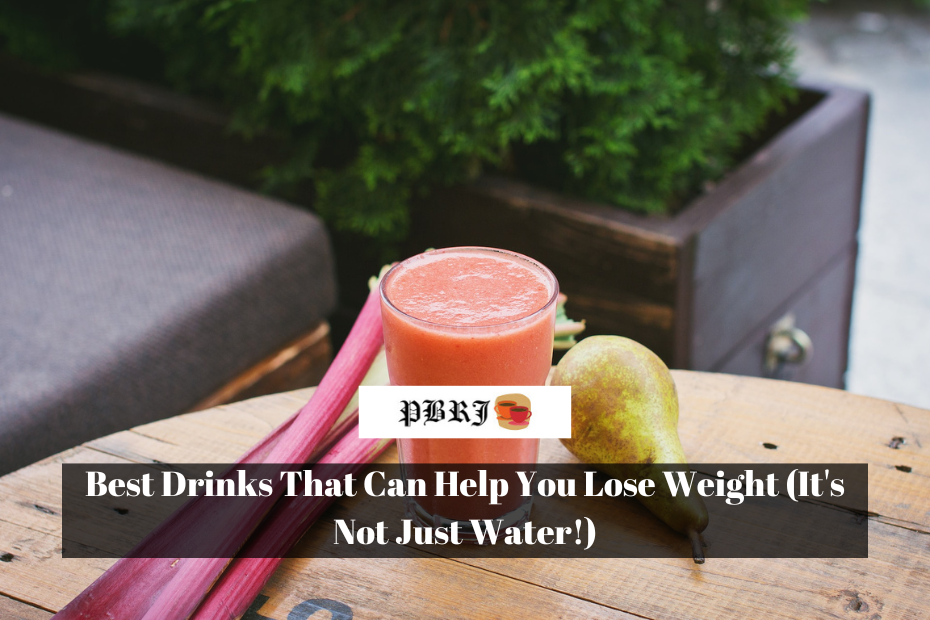The majority of us are currently cognizant of the fundamental differences that separate harmful beverages from healthy ones. In contrast to water, which can cause weight gain and increase blood sugar, sugary beverages and sodas should be consumed in moderation. Some individuals even make it a daily goal to consume a gallon of water for the sake of their health. and succeed on occasion.
Nevertheless, alternative beverages exist that promote bodily health. Indeed, a multitude of alternative beverages exist that merit inclusion in a wellness regimen, a significant number of which have the potential to promote weight loss and enhance overall well-being. Moreover, they taste delectable. Are you intrigued? Here are the best beverages for weight loss.
Best weight loss drinks Water
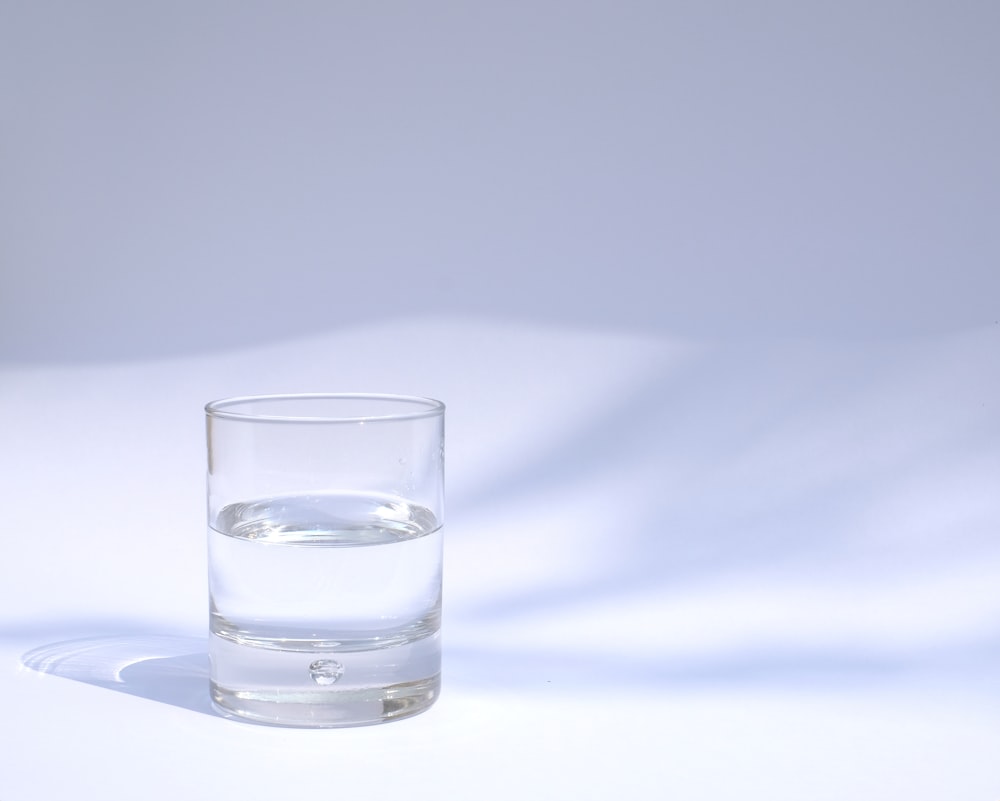
Water is a fundamental nutrient that supports a vast array of chemical and enzymatic processes within the body, with a particular emphasis on those that generate energy. Nevertheless, a considerable segment of the populace continues to suffer from chronic dehydration without recognizing it. Water is vital for effective digestion, absorption, and transportation of nutrients within the body, in addition to promoting regularity and facilitate waste elimination, thereby decreasing the risk of constipation and obstruction.In addition, water naturally inhibits appetite.
Meal substitute drinks

Meal replacement beverages, when combined with a regularly scheduled exercise regimen and a healthy diet, have the potential to significantly support weight loss programs. She suggests consuming an assortment of foods that are abundant in vitamins, minerals, and protein, as well as organic fruits and vegetables.
A rise in hunger-reducing hormones (e.g., GLP-1) and a fall in ghrelin, an appetite-stimulating hormone, are mechanisms by which the high protein content aids in appetite suppression, hunger prevention, and the promotion of satiety. “All of these factors are essential when trying to lose weight.” Carefully examine the labels of products to identify those that contain an excessive amount of sugar.
Apple cider vinegar
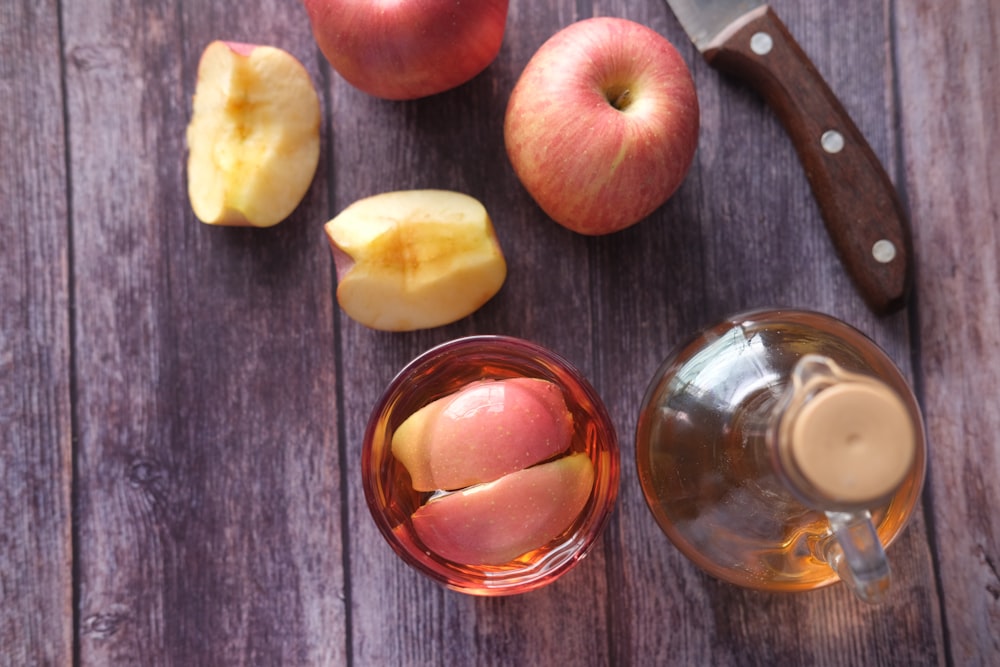
Pretense has been placed on the nutritional value of apple cider vinegar. And while the precise extent to which it contributes to health or weight loss remains uncertain, a few preliminary studies have indicated the possibility of weight loss-promoting properties.
An investigation involving 175 participants examined the potential of acetic acid, the principal constituent of vinegar, to inhibit adipose tissue in animals. Participants who consumed vinegar on a daily basis (0, 1, or 2 tablespoons) lost an average of two to four pounds and had lower triglyceride levels than those who did not consume vinegar during a three-month study.
For the duration of another 12-week study, 39 participants adhered to a calorie-restricted diet, with some supplementing with apple cider vinegar and others not. In contrast, the weight loss of the group consuming apple cider vinegar was greater than that of the control group.
Grapefruit juice
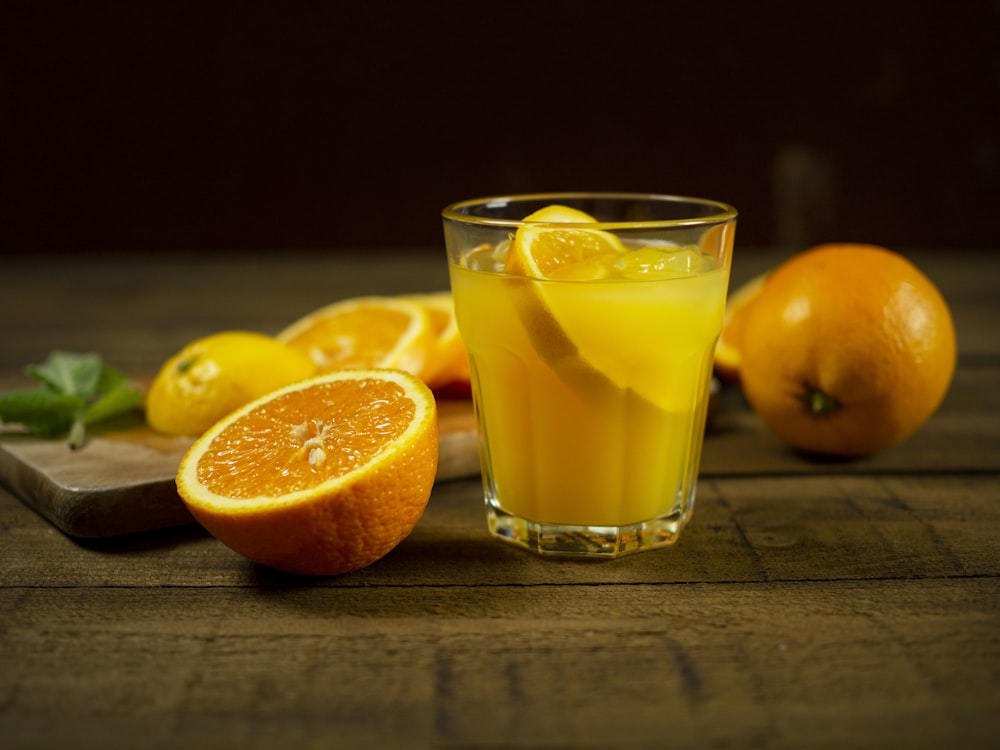
Grapefruit juice in a glass might be advantageous for weight loss. The rodents in the study were provided with a high-fat diet and pulpless citrus juice. In lieu of the citrusy beverage, water was administered to the rodents in the control group. The weight gain of rodents consuming grapefruit juice was 18.4% lower than that of mice consuming water.
An identical effect was observed on fasting blood glucose, serum insulin, and hepatic triacylglycerol (a fat-like substance) levels in this cohort of mice. However, further investigation into human subjects is necessary in order to obtain definitive results.
Vegetable Juice
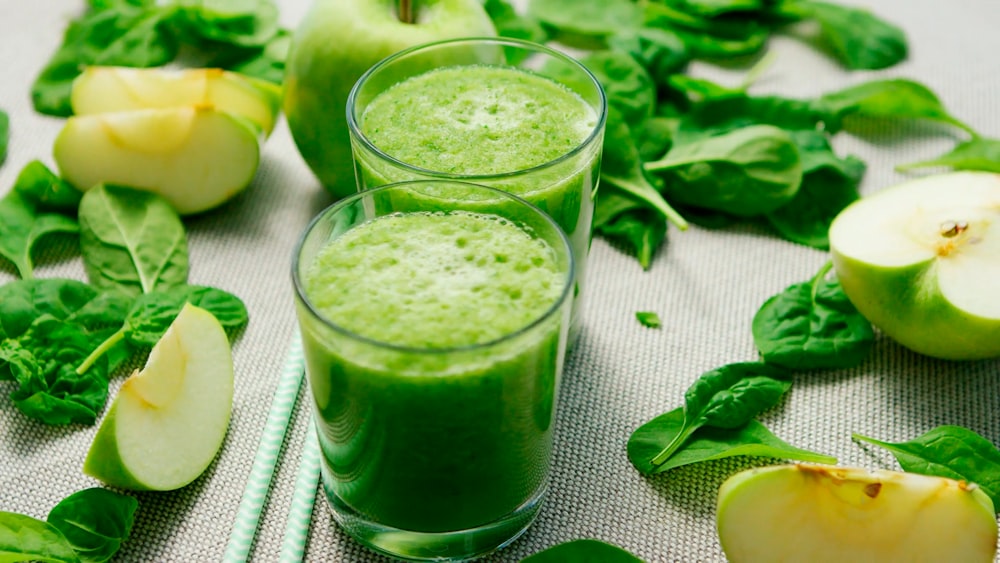
Vegetable juice, despite the fructose content of fruit, may be an excellent way to maintain satiety and prevent weight gain. Male and female participants in a 12-week study were instructed to limit their daily caloric intake to 1,800 and 1,600, respectively. A total of sixteen fluid ounces of low-sodium vegetable juice was administered to the third group, while one group received zero fluid ounces.
Individuals who ingested the vegetable beverage lost significantly more weight than those who did not. Furthermore, they increased their intake of vegetables, potassium, and vitamin C.
Green tea
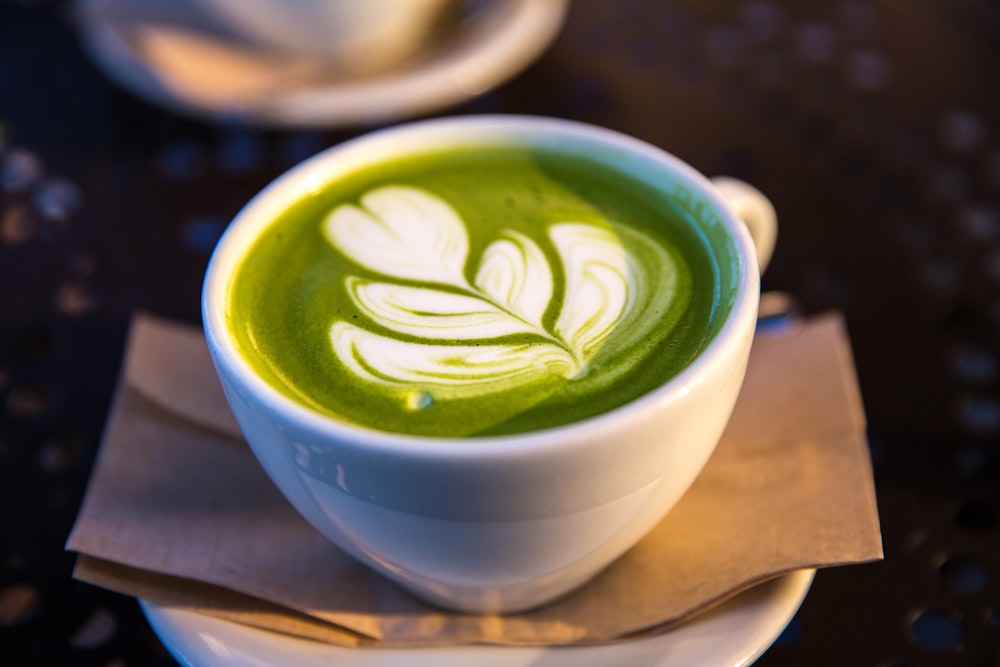
The high antioxidant and catechin content of green tea aids in weight loss by stimulating the metabolism, according to dietitians and nutritionists in the region. That it has been linked in numerous studies to a reduction in body adiposity.
If you detest the flavor of plain green tea, a variety of other flavors are available. Additionally, you may consume it heated or chilled, or add a dash of honey to enhance its flavor, according to your preference.
Protein water

Protein is the macronutrient with the maximum thermodynamic activity and promotes satiety, according to 1AND1 Life registered dietitian Silvia Carli. Protein water is a viable dietary supplement that can be highly beneficial for individuals who find it difficult to obtain sufficient protein from whole foods. “They are low in calories and fortified with vitamins and minerals.”
Avoid products that list added carbohydrates or synthetic colorings on their ingredient labels.”It is advisable to fulfill your augmented protein needs by consuming whole foods,” she adds further.
Black tea

According to a 2017 study by researchers from UCLA, black tea might facilitate weight loss. It was observed by the group that black (and green) tea reduced the quantity of gut bacteria that are linked to obesity, while it increased the number of gut bacteria that are associated with lean body mass. It is postulated by the study’s authors that specific types of teas, including black, may operate as probiotics, thus promoting the proliferation of beneficial intestinal microbiota.
Fruit-infused water
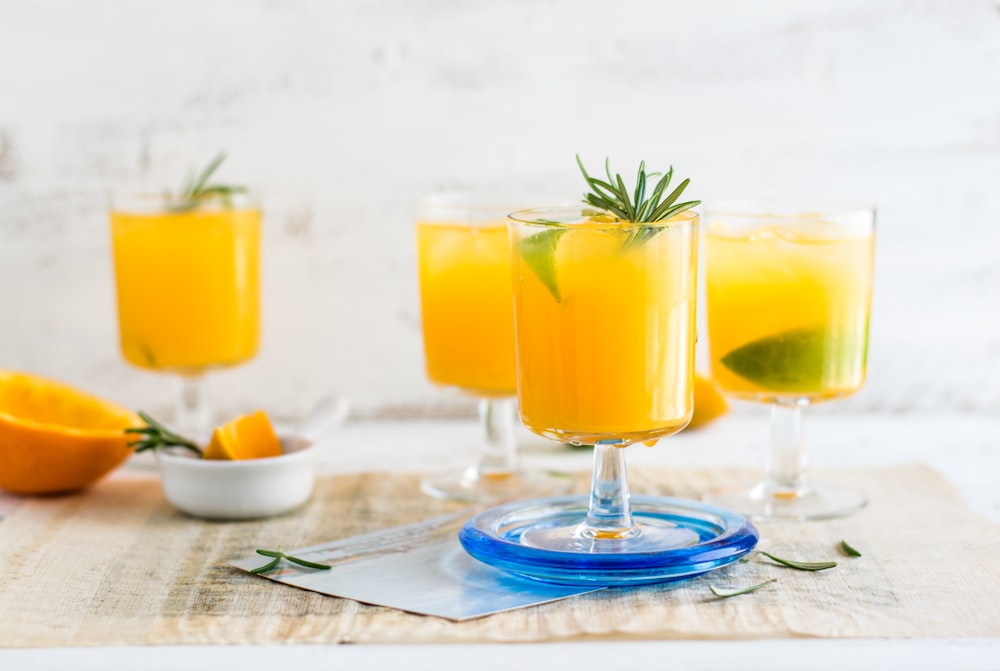
A clinical dietitian believes that fruit-infused water is the ideal replacement for high-calorie, high-sugar beverages. The calorie and sugar content of high-calorie, high-sugar beverages quickly accumulate and can easily exceed that of a meal. Consider refrigerating a carafe of water to which you have added strawberries, blueberries, or citrus fruits. Additionally, if you are exhausted from drinking plain water, this can be an effective method to stay hydrated.
MCT oil

Adding MCT oil to beverages could be worthwhile, notwithstanding the fact that they do not conform to the conventional beverage category. Dietary supplement MCT oil is composed of medium-chain triglycerides. MCT is widely recognized for its advantageous properties, which encompass the potential to stimulate increased energy expenditure and induce satiety—both of which are critical for the process of weight loss. She recommends incorporating one teaspoon of MCT Oil into one’s morning coffee or beverage. For further recipe inspiration, she suggests consulting this coffee recipe.
Cumin water

It facilitates cellular responses to glucose and insulin, thereby contributing to blood sugar stabilization. Additionally, its anti-inflammatory properties can aid in weight loss by removing non-fat sources of pounds.
Ginger tea
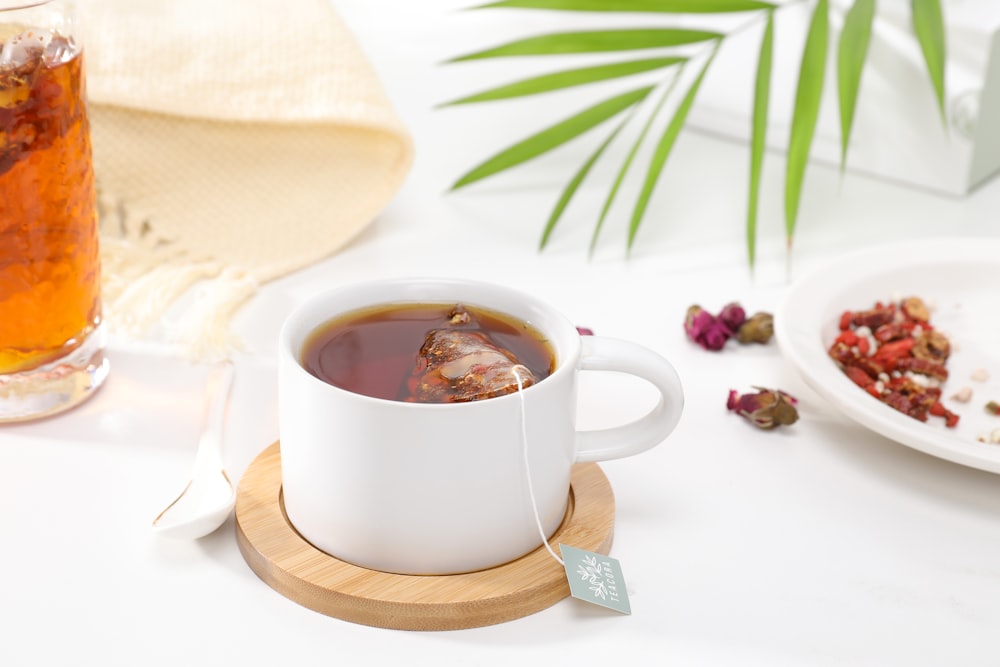
A senior nutrition education specialist at Natural Grocers and registered dietitian nutritionist asserts that a daily cup of ginger tea has the capacity to aid in weight loss and other health benefits. It has been shown that ginger, which is rich in antioxidant phytonutrients, can reduce inflammation, promote blood sugar balance, and stimulate digestion. Additionally, it has the potential to increase metabolic rate and inhibit appetite.
Coconut water

Since one cup of purified coconut water contains only 46 calories, substituting it for beverages such as soda, juice, or lattes that are higher in calories can result in gradual weight loss. Coconut water can be utilized as a substitute for conventional sports beverages due to its reduced sodium and calorie content. “Be sure to read the label to ensure that the coconut water you select does not contain added sugar or additional calories than you intend to consume,” the author advises.
Tart cherry juice
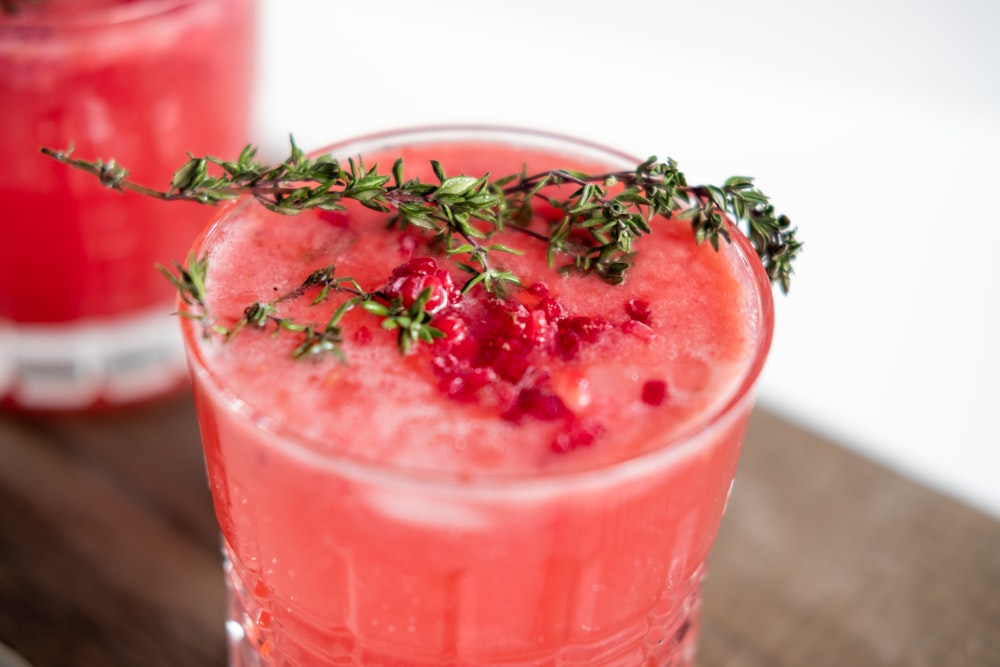
Sour cherry juice is a rich source of numerous advantageous nutrients, such as the phytochemicals phenols and anthocyanins, as well as the antioxidant vitamin Ca. Although it may not result in immediate weight loss, it can be integrated into a systematic approach to weight loss. At last, Slim is an adjunct professor of nutrition. “It additionally helps to increase the body’s melatonin levels, which may help enhance sleep and reduce insomnia.
Psyllium husk in water
A fantastic dietary supplement for attaining and sustaining a healthy weight is psyllium fiber.Its dietary fiber content may induce satiety, thereby potentially inhibiting the occurrence of excess. Consume promptly after combining 1 teaspoon of psyllium husk powder with at least 12 ounces of water. Commencing with incremental increments over the course of several weeks, while consistently ingesting a substantial quantity of supplementary fluids on a daily basis.
Yerba Mate tea
Organic tea may facilite weight loss as a result of its appetite-suppressing attributes. According to a registered dietitian, appetite suppression is achieved through an increase in leptin and glucagon-like peptide 1 (GLP-1) levels. GLP-1 is a gut-produced compound that controls appetite, whereas leptin is a hormone that signifies satiety. Choosing your preferred organic brand.
Coffee

Caffeine-containing coffee consumed between thirty minutes and four hours prior to a meal may have an effect on hormones that regulate appetite, gastric emptying, and sensations of hunger. It is recommended to consume one cup of coffee prior to meals and limit daily caffeine intake to no more than 200mg (two cups of coffee). “Select pesticide-free, chemical- and mold-free organic coffee.”
Carbonated water
Carbonated water is an excellent substitute for conventional sugar-sweetened carbonated beverages due to its calorie and sugar content, according to a registered dietitian nutritionist and soda recipe developer. Although carbonated water is not overtly linked to weight loss, adequate hydration is an essential factor in facilitating this process. Try incorporating fruit, mint, or a squeeze of lemon into your carbonated beverage to impart a natural flavor.
Fennel tea

As a result of its diuretic characteristics, fennel tea is frequently considered a weight loss supplement. By increasing the amount of salt excreted in the urine, the kidneys aid the body in the elimination of salt. Sodium aids in the elimination of water weight from the bloodstream as it is eliminated from the body. However, a temporary decrease in body mass does not necessarily indicate true weight loss.
Caution is advised when consuming this, as prolonged diuretic use may result in dehydration. “Fennel tea has been linked to appetite suppression when taken prior to a meal,” according to some accounts. To initiate your fennel tea consumption, it is recommended that you do so once daily.
Dandelion tea
Dandelion tea, like fennel tea, has diuretic properties. That consuming two glasses of dandelion tea could alleviate bloating, but would not cause permanent weight loss; rather, it would only cause transient water weight loss.
Water with lemon juice, apple cider vinegar, and sea salt

According to studies, apple cider vinegar improves digestion, aids in detoxification, decreases heartburn, and facilitates weight loss. The soluble fiber in lemons stimulates digestion and facilitates the breakdown and absorption of nutrients from food, according to the founder of Native Path, a sports nutrition specialist and health coach.
Unrefined, high-quality sea salt is an inherent reservoir of electrolytes and aids in the regulation of bodily fluids. Insufficient sodium intake can lead to dehydration and the development of severe thirst. Consequently, this may serve as an exceptional beverage to consume after a workout.
| Homepage | Click Here |
| What Are The 10 Best Foods To Lose Weight? | Click Here |

